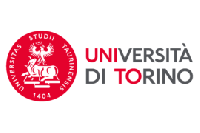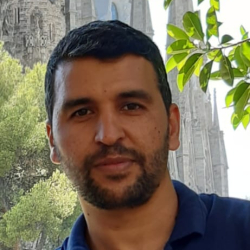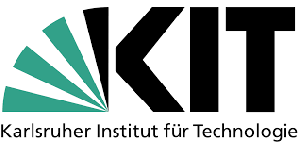The main objective of ADVAGROMED is to introduce sustainable farming practices to increase the resilience of the agro livelihood systems based on agroecological principles. To this scope, a smart integration of local crop and animal production translated into a systemic feed production close to animal living farms is developed to have more efficient, profitable farms. Using a multi-actor approach, capitalizing already acquired knowledge in soil fertility and agricultural production (CNR, USMS, SERIDA, IO, UTH), insect rearing (IO, UNITO, UTH), the use of insects as feed (UNITO, CNR), and environmental/social economic aspects (DIL), ADVAGROMED applies the Circular Economy (CE) / zero waste principle developing a sustainable and innovative farming system in the Mediterranean Area. ADVAGROMED uses by-products/organic waste of local agricultural productions for rearing insects [Hermetia illucens (HI) and Tenebrio molitor (TM)] delivering different products: 1) insect frass to be used as fertiliser to improve farm soils, to enhance soil quality, microbial biodiversity, and to deliver an antimicrobial effect (decreasing the use of inorganic fertilisers and pesticides), and 2) live larvae to feed local poultry breeds ensuring good animal performances, health and product quality (decreasing the use of imported feeds). ADVAGROMED uses both locally produced insect frass and animal manure to fertilise local agricultural production, through alternative, natural fertilisation regimes and plant growth stimulation and natural crop protection strategies.





.jpg)


















